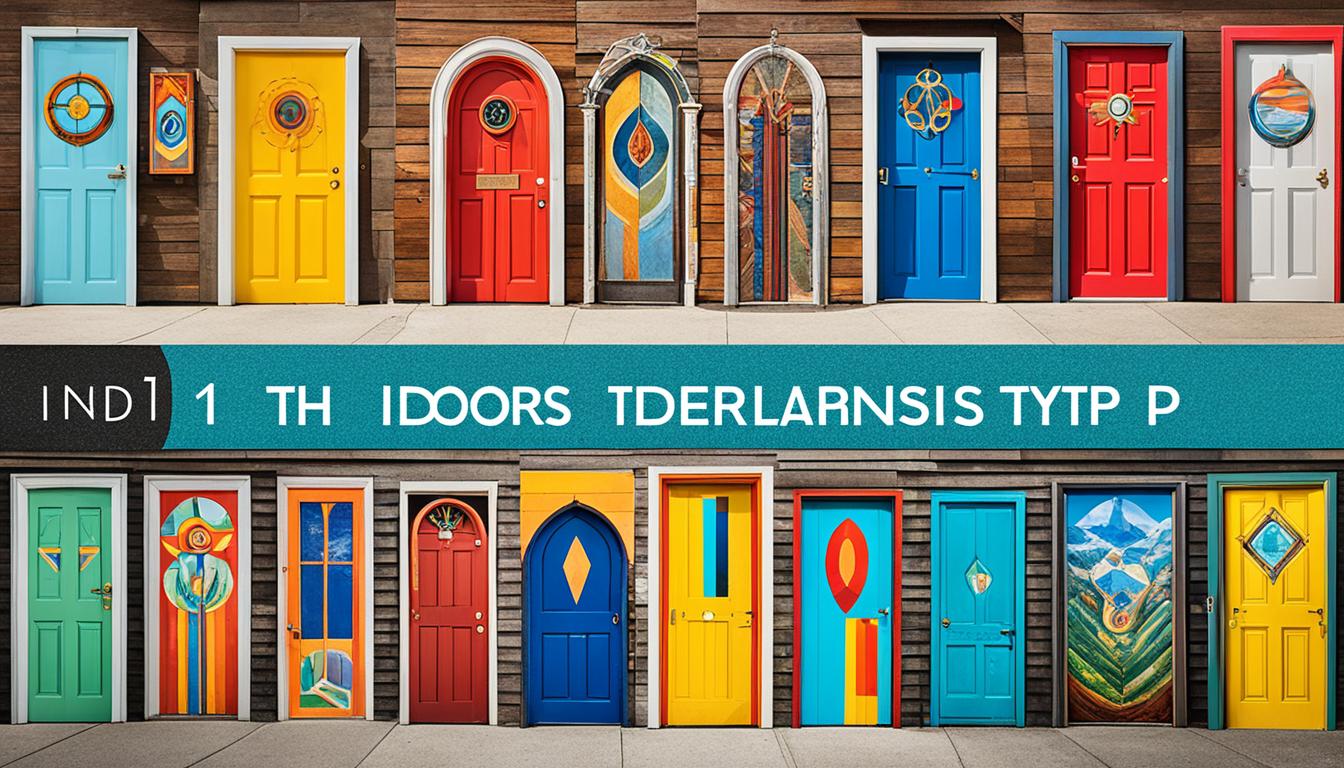The 16PF helps you make data-driven hiring decisions by evaluating candidates’ personality traits to predict job performance and cultural fit. It allows you to build balanced teams, improve communication, and resolve conflicts effectively. You can also tailor employee development strategies and identify future leaders. Using this tool supports creating a resilient, high-performing workforce. To discover how to integrate 16PF into your HR practices, keep exploring its key applications and benefits.
Key Takeaways
- Facilitates candidate assessment by measuring personality traits relevant to job performance and role fit.
- Guides employee development through personalized onboarding, training, and support strategies.
- Aids in team building by identifying complementary personalities and resolving conflicts.
- Supports leadership development and succession planning by highlighting traits linked to effective leadership.
- Enhances hiring decisions by evaluating cultural alignment and predicting long-term organizational fit.

The 16 Personality Factor (16PF) questionnaire is a powerful tool that human resources professionals use to assess candidates‘ personality traits and predict job performance. When you’re involved in employee selection, understanding a candidate’s personality can make a significant difference in choosing someone who will thrive in the role. The 16PF provides detailed insights into various personality dimensions, helping you evaluate whether a candidate’s characteristics align with the demands of the position. This assessment isn’t just about identifying skills; it’s about understanding how individuals behave, communicate, and adapt in different work environments. By integrating the 16PF into your hiring process, you can reduce turnover, improve team dynamics, and find employees who are more likely to succeed long-term.
Personality assessment with the 16PF goes beyond traditional interviews and resumes. It offers a structured way to gauge traits such as extraversion, emotional stability, openness to experience, and agreeableness. These traits influence how a person interacts with colleagues, handles stress, and approaches problem-solving. For example, if you’re hiring for a leadership role, you might prioritize candidates with high scores in traits like dominance and self-confidence, which are linked to effective leadership. Conversely, roles that require meticulous detail and consistency may benefit from candidates with high conscientiousness scores. When you’re conducting employee selection, using the 16PF helps you move past subjective impressions and make data-driven decisions, increasing the likelihood of hiring individuals who fit both the job and your organizational culture.
Using 16PF helps HR make data-driven hiring decisions aligned with role requirements and organizational culture.
Moreover, the 16PF can identify potential areas for development, allowing you to tailor onboarding and training programs accordingly. If a new hire demonstrates certain personality traits that might hinder their performance, you can proactively implement support strategies. This personalized approach enhances employee engagement and retention, as individuals feel understood and valued. The tool also helps in team building by revealing personality complementarities and potential conflicts, enabling you to assemble balanced teams that work cohesively. Additionally, understanding personality traits related to mental health can guide support initiatives to promote overall well-being within the workplace.
In addition to recruitment, the 16PF’s applications extend to leadership development, succession planning, and even conflict resolution within teams. By understanding the nuanced personality profiles of your employees, you can foster a more productive, harmonious workplace. When you leverage personality assessment tools like the 16PF in your HR practices, you’re not just filling vacancies—you’re making smarter, more strategic hiring decisions that benefit your organization in the long run. Ultimately, this approach enhances your ability to select the right candidates, develop their strengths, and build a resilient, high-performing workforce.
Frequently Asked Questions
How Does 16PF Compare to Other Personality Assessments?
You’ll find the 16PF offers a strong psychometric comparison to other personality assessments, emphasizing assessment reliability and detailed trait analysis. Unlike some tools, it provides an in-depth profile of your personality across 16 primary factors, making it highly versatile for various HR applications. Its well-established validity and reliability ensure you get consistent, actionable insights, setting it apart from less research-backed assessments.
Can the 16PF Predict Job Performance Accurately?
You might worry that the 16PF isn’t precise, but it actually offers solid predictive validity and assessment reliability. While no tool guarantees perfect job performance predictions, the 16PF provides valuable insights into personality traits linked to workplace success. Its consistent results help you make well-informed hiring decisions, reducing risks. So, yes, it can predict job performance fairly accurately, especially when combined with other assessments and interviews.
Is the 16PF Suitable for All Industry Types?
You’ll find the 16PF versatile, but its industry adaptability varies. It suits many sectors, especially those valuing personality insights, like healthcare and corporate settings. However, for highly specialized fields, sector-specific suitability might be restricted, so supplementing with tailored assessments could be beneficial. Overall, it provides valuable insights across industries, but always consider the unique demands of each industry to guarantee the tool’s effectiveness for your hiring needs.
How Long Does It Take to Complete the 16PF Test?
Imagine sitting comfortably as the test begins, and in about 30 to 50 minutes, you’ll complete the 16PF test. The test duration varies depending on your pace, but it’s designed to be straightforward and engaging. You’ll answer a series of questions that reveal your personality traits, and the completion time allows you to reflect and respond thoughtfully. Rest assured, it’s a manageable process that offers valuable insights without feeling rushed.
Are There Any Cultural Biases in the 16PF?
You might wonder if the 16PF has cultural biases. While it aims for cultural sensitivity, some questions could be interpreted differently across cultures, leading to bias. To minimize this, practitioners often engage in bias mitigation strategies, like cultural adaptations and training. This helps guarantee the test results are fair and valid for diverse populations, allowing you to make more accurate assessments regardless of cultural backgrounds.
Conclusion
In summary, the 16PF acts as a guiding star in human resources, helping you navigate the complex landscape of talent. By understanding personality traits, you can make smarter hiring decisions and foster a more productive workplace. Think of it as your secret weapon—unlocking potential and paving the way for success. Embrace the 16PF, and watch your HR strategies shine brighter than ever, illuminating the path to your organization’s future.









